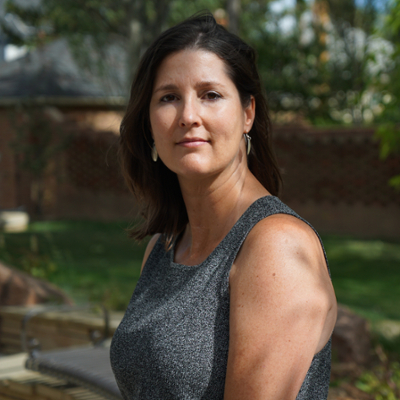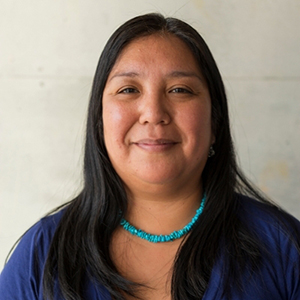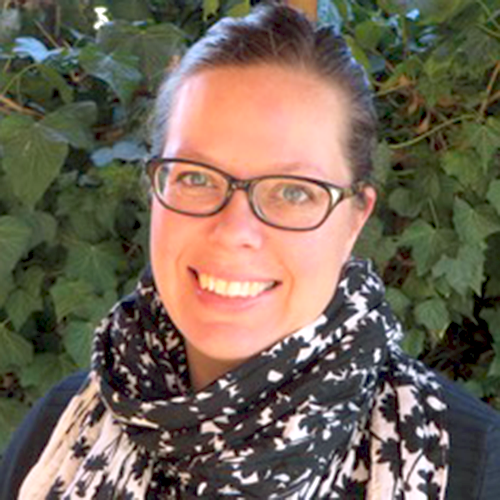The Transformation Network
2021-Present
The Transformation Network (TN) aims to build resilient communities and ecosystems throughout the Intermountain Western United States. It represents a partnership between eight Western U.S. universities with over 50 partner organizations representing Tribal partners, governmental and non-governmental organizations, public utilities, conservation districts, irrigation districts, and municipalities.

Project Investigators

Melinda Morgan
Faculty, Sustainability Studies, Geography & Environmental Studies

Lani Tsinnajinnie
School of Architecture & Planning; Community and Regional Planning

Yolanda C. Lin
Geography & Environmental Studies

Alex Webster
Research Assistant Professor

Manuel Montoya
Anderson School of Management; Organizational Studies

Benjamin P. Warner
Sustainability Studies Program Associate Director, Geography & Environmental Studies

Marygold Walsh-Dilley
Geography & Environmental Studies
A Trans-disciplinary & Trans-institutional Effort
Several affiliated faculty and the Rio Grande Research Collaborative are part of the Transformation Network. SUST faculty member and former director Melinda Morgan is leading a $15 million, five-year project funded by the National Science Foundation that engages eight universities and their communities in the American Intermountain West to address the impacts of climate change, including drought, wildfires and community well-being. The TN represents a partnership between eight Western U.S. universities with over 50 partner organizations representing tribal partners, governmental and non-governmental organizations, public utilities, conservation districts, irrigation districts, and municipalities.
This is a transdisciplinary research effort that represents diverse communities, sectors, disciplines, and backgrounds and is aimed at improving resilience for headwater dependent communities, including the Rio Grande watershed. This work is also associated with the Interdisciplinary Science Cooperative.
